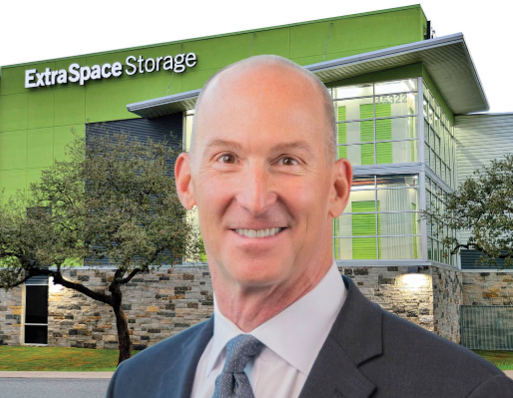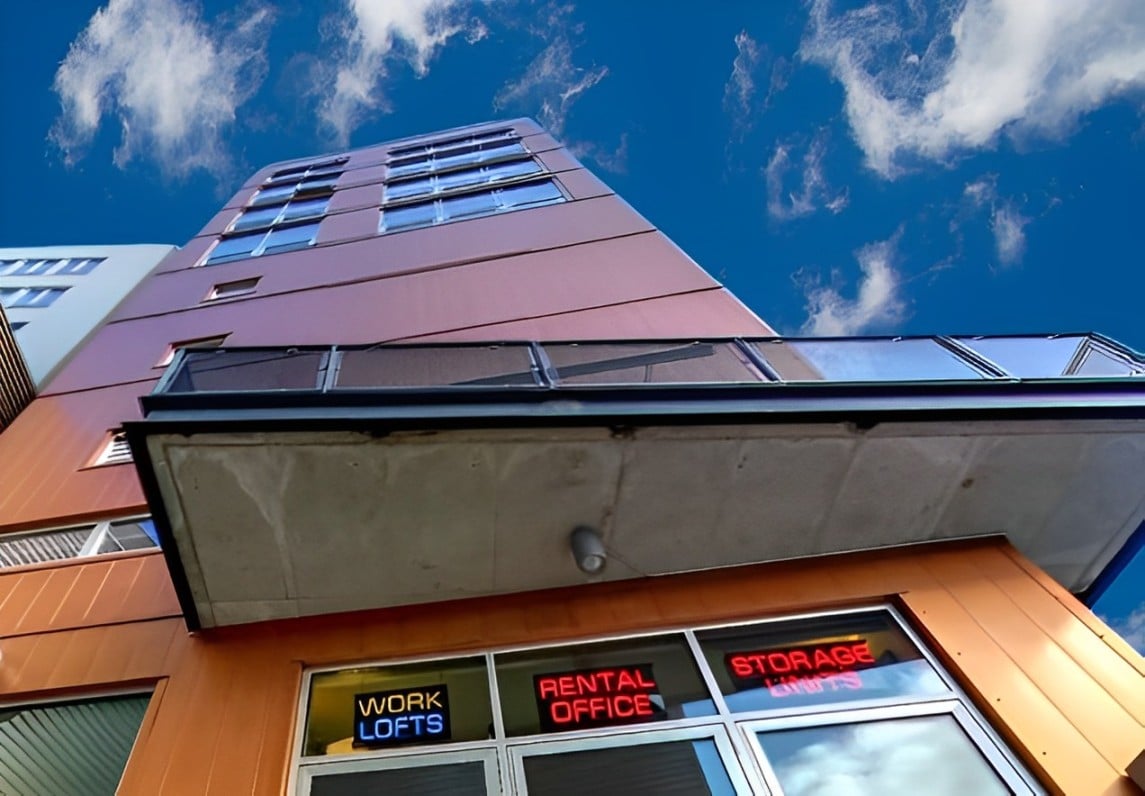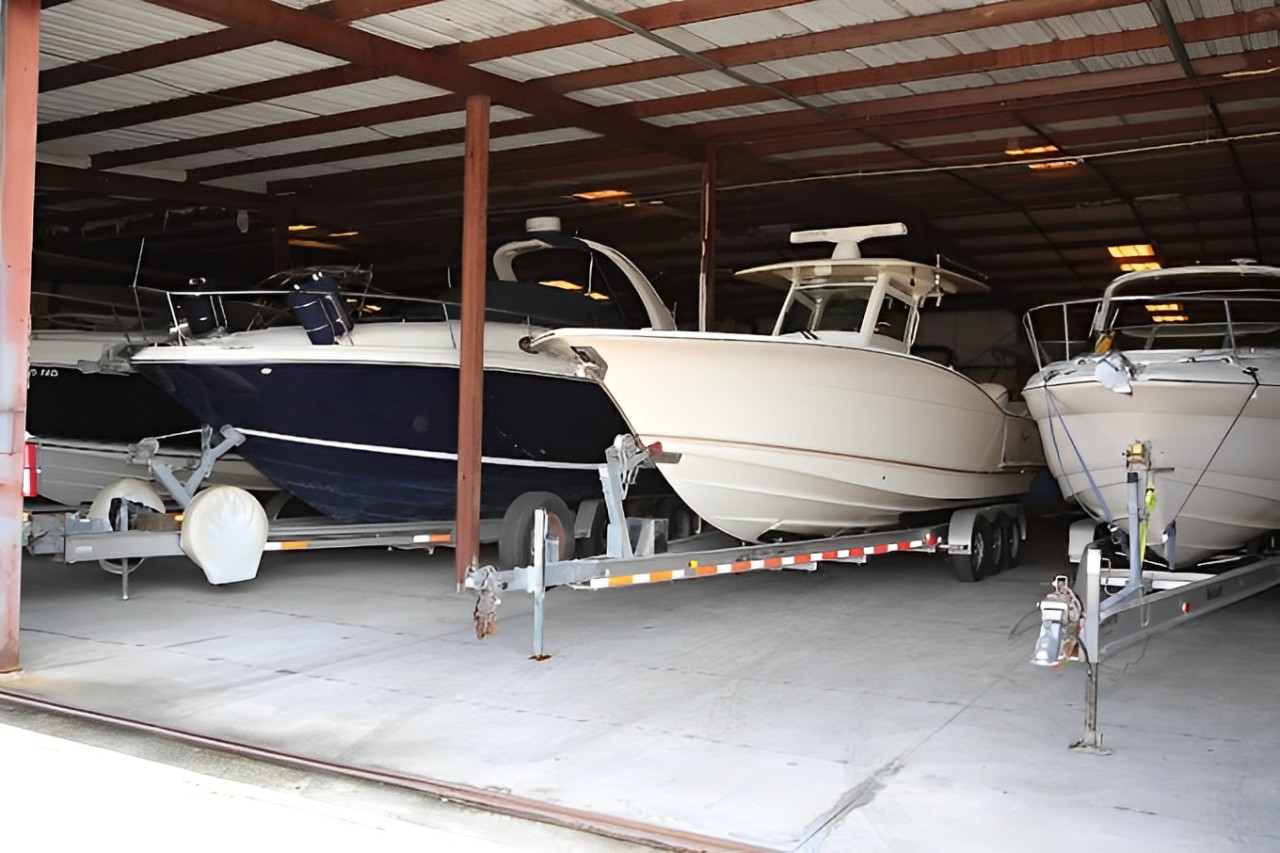Door Diligence: Maintaining One Of Your Most Critical Components
They say an ounce of prevention is worth a pound of cure. This sentiment can easily be applied to self-storage facility door maintenance. Whether you employ roll-up, swing open, or the sliding variety, self-storage facility doors are a critical component of your business. As such, these fixtures need to be properly maintained in order to keep up appearances and safety standards — and keep customers coming back.
Keeping Doors Maintained
To ensure self-storage doors function at their fullest, maintenance needs to be continual and performed every time a tenant moves out. Sharon Pallas, Director of Training at Universal Storage Group, says there are a number of door maintenance tasks that owners or management can tackle on their own and a few tasks best left to the experts due to safety considerations.
“As self-storage consultants, Universal Storage Group recommends that management replace latches, pull ropes, and the seals at the bottom of doors when a tenant moves out,” says Pallas. “Management should also be cleaning guide strips to remove any dirt or debris that has built up and lubricating springs to increase their lifespan. All of this will help the doors operate more smoothly.”
Of course, spring tension is another consideration for roll-up doors. Too much tension can cause the door to begin rolling up on its own once the latch is undone, while not enough tension will make the door difficult to roll up. While adjusting spring tension is typically just a matter of adjusting the drive (clockwise to reduce tension, counterclockwise to increase it), Pallas tells clients to bring in an expert.
“Spring tension needs to be just right, and if it’s not done correctly, there can be safety concerns for both tenants and employees, such as a door coming down on someone. For this reason, we always recommend owners bring in a specialist for this job.”
One more maintenance item Pallas recommends: “Keeping the unit compliant with ADA Accessibility Guidelines for Buildings and Facilities. Ignoring these guidelines can result in fines. So, be sure to install a handicap pull rope and the proper ADA signage. Be sure everything is placed at the correct height, too.”
Keeping Doors Safe
Door safety is crucial for avoiding damage, injury, and potential lawsuits, which is why Pallas recommends using experienced door technicians when adjusting spring tension.
David Alexander, Director of Business Development & Facility Improvement Services at Janus International, agrees. “Janus requires rolling doors to be installed and maintained by trained door technicians or experienced or qualified personnel,” he explains. “We’ve always been focused on getting new properties up and running, and our Facilitate division is able to help older properties keep their facility current with new doors and more.”
While Alexander acknowledges that maintenance should ideally be performed every six months, he understands that such a schedule can be difficult for long-term rentals unless a tenant calls attention to an issue and wants it to be corrected.
“Scheduling maintenance on an occupied unit can be tricky because you may have to move a tenant’s belongings and such. When it’s absolutely necessary, Janus will hire a third-party security guard and take other precautions to protect ourselves, the property, and the tenant,” says Alexander.
To avoid this scenario, he notes that many Janus doors are designed for longevity. “During production, springs are coated with a good amount of grease in order to inject the innermost pores of the spring with additives. This displaces moisture which helps prevent rust and corrosion. This process also relieves friction between spring coils, allowing for smoother door operation.”
That’s not all. The Janus spring and axle assembly are enclosed in a tube to protect them from the elements “… such as cold weather, which can make them brittle and prone to breakage.” This enclosure, which is not featured on many other types of self-storage doors, increases the time between maintenance checks.
Keeping Doors Clean
Not only do doors need to be regularly maintained, but they also need to be regularly cleaned. While interior storage unit doors may stay cleaner longer, exterior unit doors can quickly become dirty, grimy, and chalky.
“Self-storage facility doors can take a beating. Over time, exposure to the elements, such as sun and salt, causes doors to fade, rust, degrade, and even break down,” says Jackie Belau with Everbrite Coatings. “Without proper upkeep, unsightly doors send a message to customers that management doesn’t care about appearance or protecting a tenant’s property, which can lead to complaints and lost business.”
To keep doors looking their best, Belau recommends wiping and washing down doors every six months. A microfiber cloth with mild soap and water works best to remove dirt, smudges, or chalky oxidation that could get on a customer’s hands or clothing. “Be careful not to get water inside drive-up doors,” she adds. “When using a water spray pump, wash from the top-down and let it run down the door.”
If the doors are chalky and oxidized, Belau recommends taking another step and restoring the paint with Everbrite. “Everbrite Coating is a durable clear coating that restores the color and luster of faded metals. It also protects the metal from future tarnishing and seals rust to keep it from spreading.” While inner doors don’t oxidize, they do get dirty, so wiping these down is important as well. “Everbrite has a waterless product that works on interior units as well,” she says.
If you’re looking to extend the time between washes, Pallas offers a tip. “Dust regularly and use a soft duster to easily remove light dust … California car dusters are great for self-storage facilities because they conform to the ribs of roll-up doors while dusting.”
Keeping Doors Secure
Developed by criminologist James Q. Wilson in 1982, the broken window theory states that visible signs of disorder and misbehavior in an environment encourage further disorder and misbehavior, leading to serious crimes. This theory can easily be applied to self-storage facilities and unit doors as well.
Dirty or unmaintained doors, along with other signs of disarray, such as overgrown shrubs, unrepaired potholes, and dated signage, inform would-be criminals that a property isn’t being properly cared for or watched over closely. This makes them a target.
That’s not all, says Alexander, who believes that thieves also target facilities based on the types of locks they use. “Many self-storage facilities use their own locks to secure units. When a unit is rented, the property-owned lock is removed and the tenants install their own lock,” he explains. “Thieves understand this, and therefore can tell which units are occupied or not. This makes it easy for them to decide which units are worth the effort to break into.”
Alexander states that with the Nokē Smart Entry system by Janus International, all locks look the same. This means criminals can’t tell which units are occupied and which are not. This uniformity also projects a clean, well-kept look that shows the facility is carefully watched after.
Keeping Your Customers
Today, customer experience is king. Rather than engage in price wars, many companies compete solely based on their ability to provide a superior service. In fact, Forbes reports that 53 percent of consumers feel that the experience a company offers matters as much as the products or services it provides.. One aspect of a good self-storage experience is clean, functional, safe, and secure doors.
“Absolutely door maintenance is important to renters,” says Pallas. “Many facility owners have told me that customers will tell them what an unbelievable difference it makes … how clean and working doors improve the experience and make them feel better about renting there.”
Alexander agrees. “Curb appeal is critical. Without it, drive-bys won’t stop by, and existing customers will start looking elsewhere.”
Taking A Proactive Approach
It’s easy to wait for things to fall apart or for complaints to be lodged against your facility. To be successful, it’s important to develop an eye for cleanliness. You also want to get into a habit of routinely engaging in facility upkeep for unit doors.
“When you think about it, around 90 percent of your facility is comprised of doors,” Pallas says. “Cleaning and maintaining them is key when it comes to competing and attracting new customers.”
Originally published January 2022.
—
Brad Hadfield is a staff writer and news researcher for Modern Storage Media. He also manages the MSM website.
More Content
Popular Posts
The self storage industry is in a precarious...
The REITs new pricing strategy – lowering...
With the approval of both companies’...
Recent Posts
Ramey Jackson is the CEO of Janus...
Imagine preparing to move and needing to...
Owning or managing a self-storage facility...
Helen Keller is quoted as saying, “Alone we...
It’s often been said that “opportunity is...
There’s a saying in Florida that there are...
The landscape of the self-storage industry...














